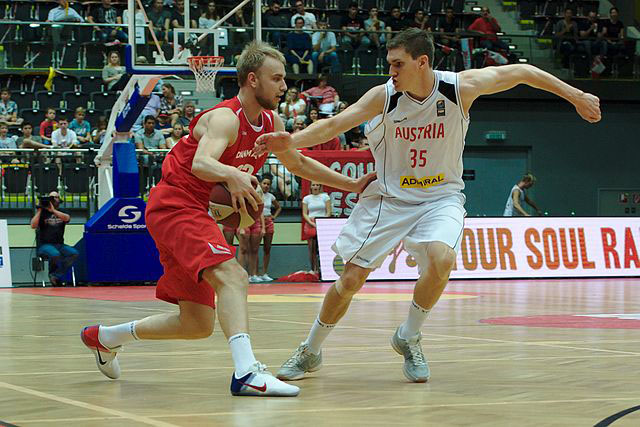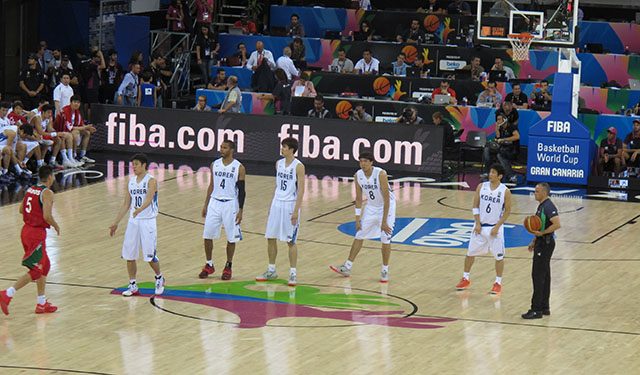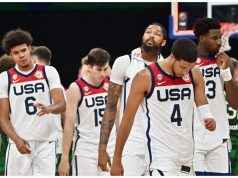MUMBAI — Three-a-side basketball is helping the sport reach out to a new audience and will be a major attraction on its Olympic debut in Tokyo, an International Basketball Federation (FIBA) executive has told Reuters.
The urban sport that uses just one hoop enjoyed a hugely successful debut at the 2010 Youth Olympic Games in Singapore and was approved by the International Olympic Committee (IOC) for inclusion at the 2020 Summer Games.
Compact and able to be contested in shopping malls, parks and schools, 3×3 is also easily accessible for youngsters — something IOC President Thomas Bach has long championed.
FIBA 3×3 Managing Director Alex Sanchez believes the format can act as a catalyst to promote basketball worldwide, with its young, urban and positive image, and carnival-like atmosphere aided by continuous thumping music.
“The huge success of 3×3 in Singapore led FIBA to develop it as a second discipline,” Sanchez said in an interview. “The fact that 3×3 was attracting a younger audience was viewed by the IOC as adding value to the Olympics.
“There were a lot of challenges. It took a lot of time to convince the IOC.”
In conventional basketball, games tend to last 40 minutes and are divided into either halves or quarters with five players on each side. The action takes place on a long rectangular court with a hoop at each end. NBA games are 48 minutes long.
The shorter format is played on a half-court between teams of three, with one substitute, and games last either 10 minutes or until one team amasses 21 points, with each tally needing to be scored within an allocated 12-second shot clock.
Pizza and pasta
Sanchez defines the role of 3×3 to basketball as similar to that of Twenty20 for cricket, Sevens for rugby and beach volleyball for the more traditional indoor version.
“I will give you the example of pizza and pasta. Both are Italian foods but taste completely different. We believe 3×3 has a different positioning and it is more accessible,” he said.
“You can see the people attending our events are younger. From a study we conducted, we found a majority of attendees have never watched (5×5) basketball.
“So we are attracting a younger audience and we are attracting a different audience. That’s also important because we are increasing the popularity of basketball in general.”

FIBA aims to increase the number of events on the professional 3×3 circuit to 50 from the current 32, hoping it will lead to a rise in the worldwide number of full-time participants in the format.
With the IOC aiming to reduce the financial burden on host cities by proposing fewer athletes and disciplines at future Games, getting approval for an expanded three-a-side circuit proved challenging.
“We had to come out with very strong arguments why FIBA wanted more athletes and not less,” said Sanchez, who was in India for the Hyderabad leg of the FIBA 3×3 World Tour Masters.
“Also, when you come out with a new product you need to convince your own community. The basketball community was a bit skeptical initially. But now everyone is convinced about the benefits and merits of having 3×3 as an Olympic discipline.
“I’m not sure if you have played the lottery but seeing 3×3 included in Tokyo was like winning the jackpot of $100 million. That is exactly how I feel.” — Reporting by Sudipto Ganguly; Editing by John O’Brien










